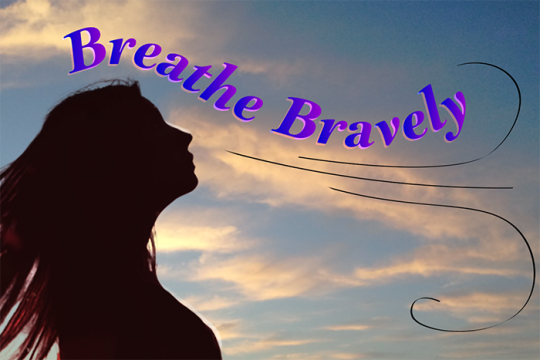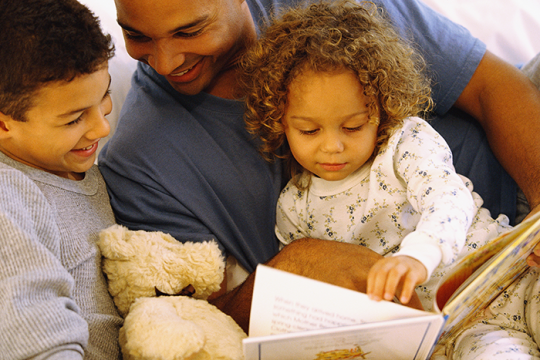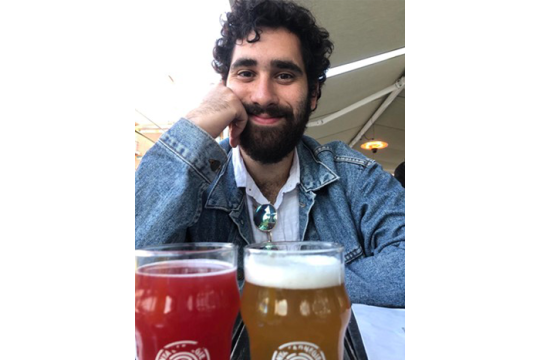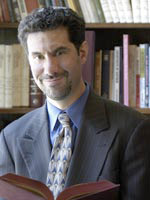
When Dr. Eugene Borowitz wrote The Masks Jews Wear back in 1973, he could not have known that we would actually be wearing them for the better part of 2020 and well into 2021. For Professor Borowitz, masks were metaphorical. The term was a useful way of thinking about how we transition between settings, negotiate priorities, and navigate challenges of being a privileged minority. The book’s chapters include: “Jewish Enough to Inquire,” “Folk Without Faith,” and "The Power of Being an Ethnos." It would have been fascinating had the author lived to write a new foreword to the book incorporating our contemporary experience. Unfortunately, he died in 2016, leaving that task to others.
In our present context, masks have become a physical feature of daily life. We remind ourselves to wear them. We express our aggravation for those who do not. We purchase ones with clever graphics and language. We take selfies with them and post the pictures on social media or send them to family and friends. At least one rabbi has written a blessing for taking masks on and off.
In this week’s Torah portion, Vayigash, masks are things that refuse to decide between figurative or literal usage. Rather, as the seemingly impenetrable Joseph breaks down in tears before his brothers, the removal of masks contains a lot of both. He literally stops hiding his identity from them, while figuratively removing the barrier of position and power that he has leveled upon them for so long. Joseph never relinquishes the title of Pharaoh’s second in command, but in the reconciliation scene, he abruptly stops using it as a shield from being discovered and a sword with which to wield his will.
The garb of Egyptian royalty has proved an effective cover for the course of several chapters. But when the brothers say it would be better to be his slaves then to return to their father Jacob without Benjamin, Joseph is finally reassured that they possess the capacity to care about something other than themselves. It is at this point that he stops treating them like strangers and starts treating them as brothers. He takes off the mask of anonymity without untying a single string.
One day, we too will be able remove our masks. It will take longer than we hoped for, but it will happen. The journey from here to there will be hard, laden with loss and sorrow, but we will make it. The road to healing and catharsis will not be a clear and steady progression, but rather, like that of Joseph and his brothers, filled with moments when it seems as if for every step forward there are two steps back.
When we do finally get to put our pandemic masks away, when we say a blessing for taking them off, let us consider what to do with the other masks we have been wearing. The masks that allow us to perpetuate the misguided illusion that the person over the border, across the sea, professing different ideas, practicing a different faith, or inhabiting a body with a different color of skin, is anything other than our mishpachah (family).
The hoods of executioners may conceal their identity, but it does not change their actions. No amount of anonymity could change the fact that the people Joseph was tormenting were his own family. The long-lost brother ultimately realizes that whether or not they know who he is, and whether he can get away with as much vengeance as he wants, is not really the point. Just as Joseph knows who he is and what surviving his ordeals require of him, so too do we know who we are and what surviving our ordeals requires of us.
COVID-19 has been a painful reminder that there are times when wearing masks is the responsible thing to do. The story of Joseph is a powerful reminder that there are times when removing them is the righteous thing to do. May we carefully consider why it is we put on the masks we wear, and may we ask ourselves conscientiously if circumstances call on us to take them off.
Related Posts

Breathe Bravely

The Importance of Storytelling

